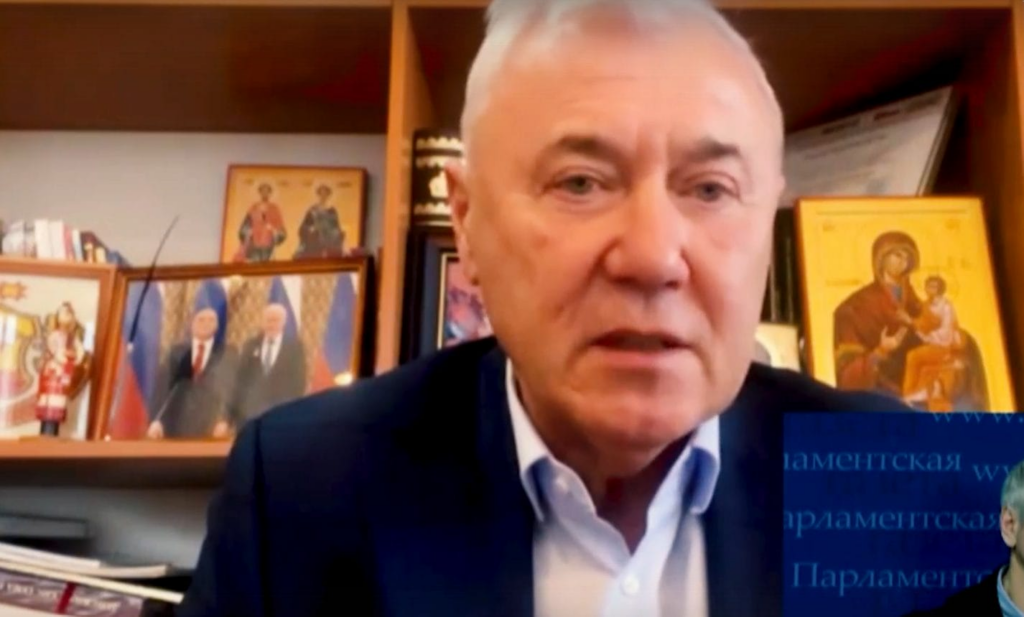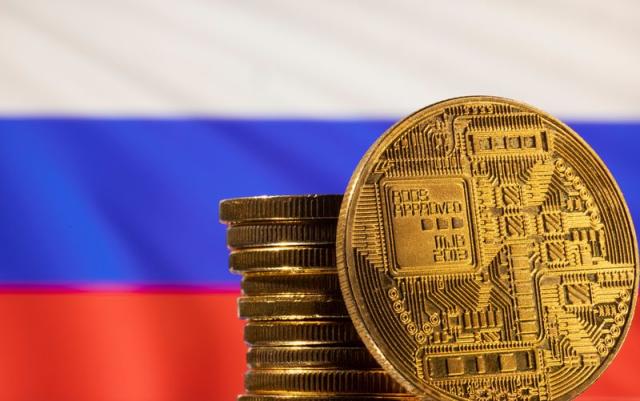Russia’s top crypto law architect has rejected the establishment of a national Bitcoin reserve.
According to one MP, Bitcoin won’t be included in the state budget “for another 100 years.”
Anatoly Aksakov, the State Duma’s Committee on the Financial Markets chairman, stated that Bitcoin would only be included in the budget “in 100 years’ time” in an interview with the nation’s Parliamentary Gazette.
The National Bitcoin Reserve? Perhaps in a century, a lawmaker says
According to Aksakov, the State Duma maintains that the nation’s reserves, which are still dependent on gold and foreign money, are incompatible with “cryptocurrency.”

The interviewer for the newspaper pointed out that “some” Russian “legislators” have proposed establishing a “stash of” cryptocurrency in “the state Treasury,” suggesting that not everyone in Moscow shares Aksakov’s viewpoint.
The politician, however, expressed his contempt for these plans, adding that Moscow should adopt crypto with “caution.”
“There are private individuals behind Bitcoin. And it is still unclear what procedures are used to issue it. The price of Bitcoin fluctuates greatly. Now it has really grown significantly, primarily due to [Donald Trump’s] election in the United States. I would be cautious about this. I do not consider it necessary to create any stashes, especially in the Russian state budget.”
Anatoly Aksakov, Chairman of the Russian State Duma’s Committee on the Financial Markets
In any case, the use of cryptocurrency in Russia is still increasing. Although Moscow has previously contemplated implementing a crackdown on cryptocurrency similar to China’s, the Kremlin has shifted its focus to Bitcoin and other cryptocurrencies.
This is partly due to sanctions the US, UK, and EU impose. The government has established a sandbox that employs cryptocurrency as a cross-border payment method for international trade.
Growth of the Mining Industry
However, the quick expansion of the Russian Bitcoin mining sector is another factor. During his interview, Aksakov reiterated government and business assertions that cryptocurrency mining will likely increase tax revenue to the Treasury by about $555 million annually. Aksakov stated:
“We have legalized cryptocurrencies so that they can be used for international settlements. And I know that many companies are already doing this. If it lets firms solve economic problems […] then let them use [crypto].”
Credit Cards for Cryptocurrencies Are Interesting Askakov Describes
The congressman also expressed support for “crypto credit cards,” claiming to have observed them in use in Asian countries.
He stated he was “interested in the idea” of introducing cards that would allow customers to pay with cryptocurrency and give retailers rubles rather than cash.
Crypto exchanges, which still need to be regulated in Russia, run these cards in many other countries. The lawmaker stated:
“I have even suggested implementing [crypto credit cards] in the framework of the sandbox. [But] the Central Bank regulates everything in that space. […] It is quite possible that a system like this would work. As such, our citizens will be able to use payment cards that are linked to a regular bank account, and to a distributed registry where cryptocurrencies are circulated.”
He swiftly clarified that “at the moment, we are far from” utilizing Bitcoin in the Russian economic system.
“As things stand, I do not see—even in the distant future—a way for Bitcoin to become a popular currency that circulates domestically. Let me remind you that it is illegal to purchase goods and services in Russia using cryptocurrencies.”
Sticking points for sanctions
However, as tensions between the US, EU, UK, and Russia continue to rise, Russian politicians are still investigating the possibility of using cryptocurrency to evade sanctions.
“Cryptocurrencies use a distributed registry, not the banking system. This also has certain advantages. It removes the risks associated with the supervision and control of the banking sector by countries unfriendly to Russia.”
